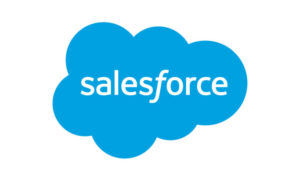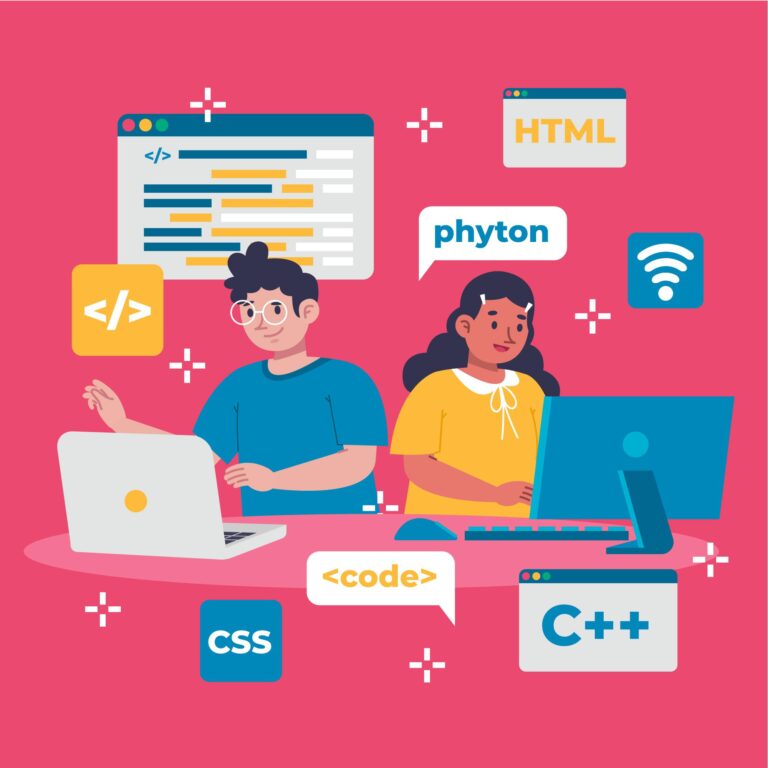Learn Apex Developer with Our Online Training

Apex Developer Module
Course Module: Apex Developer Training
Module 1: Introduction to Salesforce and Apex
- Overview of Salesforce Platform and its Components
- Introduction to Apex Programming Language
- Setting Up Salesforce Development Environment
- Exploring Salesforce Developer Console and IDE Options
Module 2: Apex Basics
- Apex Syntax and Structure
- Variables, Data Types, and Constants
- Operators and Expressions in Apex
- Control Flow Statements: if, else, switch, loops
Module 3: Apex Classes and Objects
- Creating Apex Classes and Methods
- Understanding Object-Oriented Programming (OOP) Concepts
- Working with Objects and Instances in Apex
- Using Access Modifiers and Encapsulation
Module 4: Apex Triggers
- Introduction to Apex Triggers
- Writing and Deploying Triggers in Salesforce
- Trigger Context Variables and Trigger Events
- Best Practices for Writing Triggers
Module 5: Apex DML Operations
- Performing Data Manipulation Language (DML) Operations
- Inserting, Updating, Deleting, and Undeleting Records
- Handling Exceptions in DML Operations
- Using Database Methods for DML Operations
Module 6: SOQL and SOSL Queries
- Writing Select Queries in Apex using SOQL
- Filtering, Sorting, and Limiting Results
- Understanding Relationship Queries and Subqueries
- Searching Records using SOSL Queries
Module 7: Apex Test Framework
- Introduction to Apex Test Framework
- Writing Unit Tests for Apex Classes and Triggers
- Best Practices for Test-Driven Development (TDD)
- Debugging and Analyzing Test Results
Module 8: Apex Integration and Callouts
- Integrating External Systems with Apex
- Making Callouts to External Web Services
- Handling Asynchronous Callouts and Callbacks
- Implementing Bulk API Integration
Module 9: Apex Governor Limits and Performance Optimization
- Understanding Salesforce Governor Limits
- Strategies for Optimizing Apex Code Performance
- Writing Efficient and Scalable Code
- Monitoring and Analyzing Apex Execution Limits
Module 10: Advanced Apex Concepts
- Batch Apex for Processing Large Data Sets
- Scheduled Apex for Automating Processes
- Apex Email Services for Inbound Email Handling
- Developing Custom REST and SOAP Web Services in Apex
Each module will include hands-on exercises, projects, and assessments to reinforce learning and practical application of Apex development concepts in the Salesforce platform.
- 2 Month
- Weekdays : Mon to Fri ( 1hr/day )
- Weekend: 2hrs/day
- Flexible Time
- Free Session Videos
- Course Completion Certificate
- Lifetime Customer Support
- Helping to Get a Job
- Resume Preparation
Lightning Concepts
Course Module: Salesforce Lightning Development
Module 1: Introduction to Salesforce Lightning
- Overview of Salesforce Lightning Experience
- Understanding Lightning Components and Architecture
- Setting Up Salesforce Lightning Development Environment
- Exploring Lightning App Builder and Component Library
Module 2: Lightning Component Basics
- Introduction to Lightning Components
- Anatomy of a Lightning Component: Markup, Controller, Helper
- Creating Your First Lightning Component
- Implementing Data Binding and Event Handling
Module 3: Lightning Component Framework
- Working with Lightning Component Bundle: Component, Controller, Helper, Style
- Using Lightning Design System (SLDS) for Styling
- Incorporating External JavaScript Libraries
- Building Reusable Components with Lightning Base Components
Module 4: Lightning Component Events
- Introduction to Component Events and Application Events
- Defining and Handling Component Events
- Communicating Between Lightning Components
- Handling Asynchronous Events with Lightning Events
Module 5: Apex Controllers for Lightning Components
- Understanding Apex Controllers in Lightning Components
- Writing Server-Side Controller Methods
- Invoking Apex Methods from Lightning Components
- Using Apex Annotations and Governor Limits
Module 6: Lightning Data Services
- Introduction to Lightning Data Services (LDS)
- Implementing Data Access with Lightning Data Service
- Caching Data and Optimizing Performance
- Handling Record-Level and Field-Level Permissions
Module 7: Lightning App Development
- Designing Lightning Apps and Pages
- Building Custom Lightning App Pages
- Configuring Lightning App Navigation
- Implementing Lightning Record Pages and Page Layouts
Module 8: Lightning Component Lifecycle and Performance Optimization
- Understanding the Lightning Component Lifecycle
- Optimizing Lightning Component Performance
- Minimizing Component Rendering and Data Loading
- Handling Large Data Sets and Lazy Loading Techniques
Module 9: Lightning Web Components (LWC)
- Introduction to Lightning Web Components (LWC)
- Creating and Deploying Lightning Web Components
- Interacting with Lightning Data Service in LWC
- Migrating from Aura Components to Lightning Web Components
Module 10: Advanced Lightning Development Concepts
- Implementing Lightning Flow Components
- Building Interactive Dashboards with Lightning Dashboard Components
- Working with External Data Sources and APIs
- Extending Salesforce with Custom Lightning Components
Each module will include hands-on exercises, projects, and assessments to reinforce learning and practical application of Salesforce Lightning development concepts.




